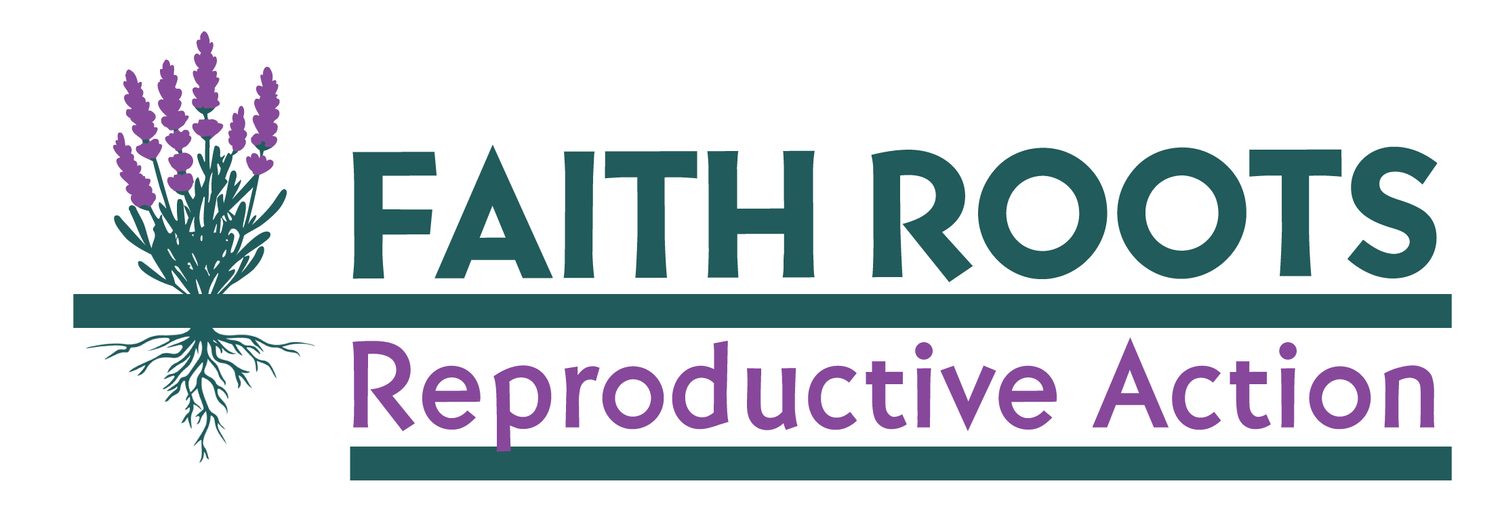#SayHerName: Amber Thurman and Candi Miller - The Racialized Death Toll of Abortion Bans
Amber Thurman with her son at the beach.
Amber Nicole Thurman was 28 years old, and a proud, single mother to a 6-year-old son. She was a medical assistant who intended to enroll in nursing school. Amber was healthy and thriving, until a poorly timed twin pregnancy and a statewide abortion ban, kept doctors from providing the care needed to save her life. They waited twenty hours to provide her with care, but by then it was too late. Amber's organs had begun to fail, ultimately leading to her death.
Candi Miller with her husband and kids.
Candi Miller was a 41-year-old mother of three. When she found herself pregnant in the fall of 2022, she was grappling with a host of serious health conditions, including lupus, diabetes and hypertension. If she had another baby, doctors warned these conditions would put her life at risk. Because of “current legislation on pregnancies and abortions,” she didn’t seek outside medical care. Following days of extreme pain, she passed away at home due to complications from a self-managed abortion, too fearful to seek medical help.
Georgia and the United States’ Black Maternal Health Crisis
As brought to light by ProPublica, Amber and Candi’s deaths signify the first documented, preventable loss of life resulting from an abortion ban. Georgia, where they both resided, is one of 25 states that received an 'F' grade from the annual review: The State of Sexual and Reproductive Health and Rights: A 50-State Report.
For a moment there was a glimmer of hope. Shortly after these stories broke, a Georgia lower court judge, Robert McBurney, ruled that the state’s abortion ban went against a person’s constitutional right to liberty and privacy. Georgians briefly celebrated increased access. But just a week later, the state’s Attorney General, Chris Carr, appealed the ruling, reinstating the original extreme ban.
Lifting of restrictions could have saved both Amber and Candi’s lives.
These injustices are a stark reminder that state-sanctioned, racialized, and gendered violence can take many forms. Black women are three times more likely to die from pregnancy-related causes than their white counterparts. And while abortion bans adversely affect people of all backgrounds, intersectional oppressions can place the burden of seeking out-of-state care on some more than others. Lack of access to support systems like paid time off, transportation, or childcare can lead to dangerous delays in receiving necessary help. In practice, these burdens can mean the difference between life and death.
Criminalization is no moral solution
We mourn the premature and devastating loss of both Candi and Amber, and we share in the grief felt by their families who lost a mother, a sister, a partner, a daughter, too soon.
Georgia’s maternal mortality review committee is only recently investigating deaths from the few months following the overturning of Roe. In addition to Georgia, 40 other states have some form of abortion ban in place. With this we know: there are more names to be named.
#SayHerName: Amber Nicole Thurman.
#SayHerName: Candi Miller.
Policing bodies is not a moral solution. Amber and Candi’s deaths were preventable. May speaking their names help us to remember the spiritual path forward is one of compassion and care, not control and coercion.
“Once we see them, we cannot unsee them.” Kimberlé Crenshaw, African American Policy Forum (AAPF) Executive Director


